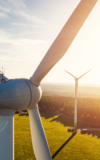The energy sector in transition
Climate change, the digital revolution, geopolitical developments - these are all major challenges facing the energy industry. For this reason, the energy sector is undergoing structural change.

The energy industry is increasingly characterized by far-reaching processes of change. Important topics in this context are energy efficiency, the reduction of CO2, the use of renewable energy sources and the decentralization of energy systems:

Decentralization
Power supply from a few large centralized power plants is increasingly being replaced by power generation from many small, decentralized plants. Decentralization in production, as well as growing shares of renewable generation, is making power systems more volatile. The low marginal cost of small plants generating electricity from renewable energy sources lowers wholesale electricity prices. Consequently, the operation and generation of electricity from coal, nuclear and gas-fired power plants is hardly profitable anymore.

Renewable energies
The expansion of renewable energies is a central component of the energy transition – the desire for greater responsibility and a future defined by sustainability. The most important renewable energy sources are wind, water and solar power. Not only the environmental factor, but also the cost efficiency of renewable energies poses major challenges to fossil energy producers. The finite nature of fossil energy sources and the problem of final storage of nuclear waste are making the production and use of such energy sources increasingly expensive.
Current trends in the energy industry:
- Accelerated expansion of renewable energies and power grids.
- Technical developments, such as blockchain and electromobility
- Efficiency increases in energy generation, storage and distribution
- Decentralization of energy
- Increasing urbanization
- The expansion of zero-emission hydrogen as an alternative to electrification
With our industry know-how, extensive inventory and large supplier network, we are happy to support you in the safe, fast and efficient procurement of spare parts for automation technology.
You need large quantities of spare parts?
Then send us your list of requirements and we will send you a non-binding offer with price and delivery time within 24 hours.
Your machine is at a standstill and you need a spare part as soon as possible?
With our 24-hour emergency service you can reach us at any time. If the required device is in stock, our courier service is available to you at any time. Alternatively, you can pick up the spare part from our warehouse in Recklinghausen, Germany.



